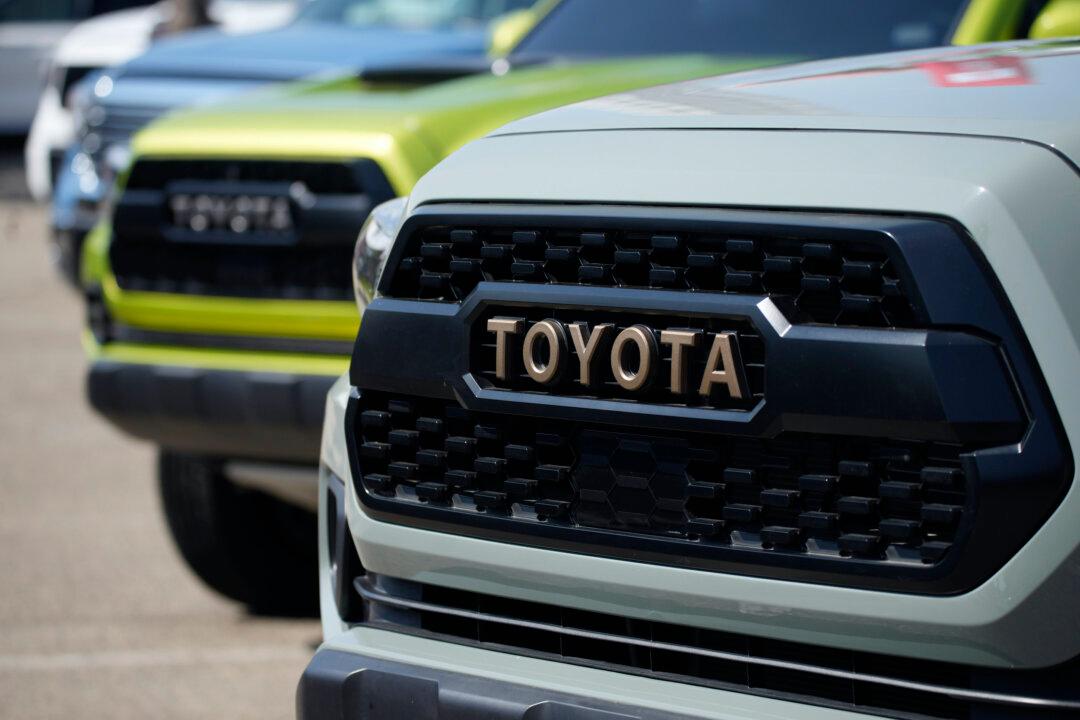Toyota will build a new $1.29 billion automotive battery manufacturing plant for electrified vehicles in North Carolina, the company announced Monday afternoon.
The battery manufacturing plant, to be named Toyota Battery Manufacturing, is set to open in 2025 at the North Carolina Greensboro-Randolph “Megasite,” the company said in a statement.




